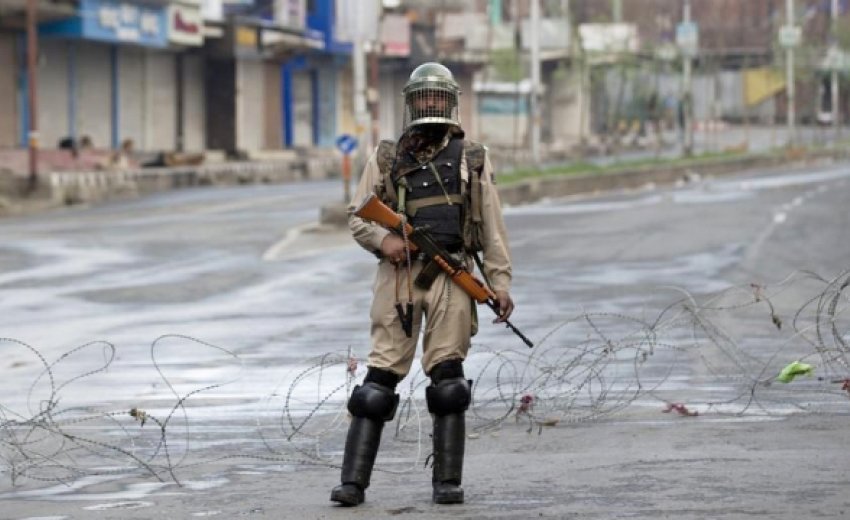The team met a group of Kashmiri Pandits who live in a resettlement colony or what passes for it, in the middle of precisely nowhere in the district of Baramulla.
One resident who spoke at length said that to begin with, they had no idea what Article 370 was and they mixed it up with 35 A, which gives Kashmiris exclusive rights to own and rent property in the state. He also said that 370 was neither beneficial nor good. “We aren't affected by the change of status of state to a union territory because we are working under the PM's special package. The state does not finance us, the centre does.” However, he added that the Pandits do associate with Muslims and that most of them are good people.
Another Pandit added, “What has happened isn't the fault of the Kashmiris but of the politics of the Indian state.” There were other reactions that criss-crossed the secular-religious divide constantly. “We are a Hindu country. This country was founded on the divisions between Hindus and Muslims. The word secularism was introduced into the constitution much later, by the Congress party.” “We have to make the Kashmiri Muslims feel less insecure. When the centre creates a National Registry of Citizens in Assam and other such moves, it only makes Muslims feel insecure,” said another Pandit.
But, when the team visited the association that administers the last leg of the Hindu holy pilgrim's progress to the Amarnath shrine in Kashmir, they were unequivocal in their response. “We are very happy with the revocation of 370. The trauma we faced in last 30 years is the worst thing in human history. We were made to flee because we chanted pro India slogans like Hindustan zindabad,” said one of the administrators in the association.
For Sikhs, the main concern was to be able to acquire a permanent resident certificate to be able to buy land in Kashmir. As a minority Kashmiri Sikhs are eligible to apply for this but the process is ridden with corruption. Earlier too they would get the certificates, but they had to pay bribes, but now they hope that with the Article 370 being struck down, they would be able to get certificates easily to buy a house and land.
However, they also had a second point to make. The total shutdown of businesses and communication has hurt their businesses badly. And further, they feel an affinity with their Muslim brothers. “The Muslims and us are the same, when they are troubled, we are troubled. We are with the Muslims. But the J & K government discriminates against us. Write that down,” said a Sikh businessman. The Christian community has been left out of the Kashmir narrative altogether, perhaps because they only make up 0.3% of it. However, the best schools across Jammu and Kashmir are still run by various Christian denominations. The parish priest said that education was one of the most serious causalities of the decades old conflict. This time around too schools have been shut for almost two months.
“We went with a local volunteer to meet some representatives of the local Christian community. He spoke to us about the pain and anger of the people of Kashmir at the way in which their special status was taken away. He said most of the staff in missionary schools were local Kashmiris and that almost 95 percent of the teachers were Kashmiris. Their pain and anguish about what transpired was evident from their conversations at school. He said there is a lot of supressed anger,” underlined academic Brinelle Dsouza.
